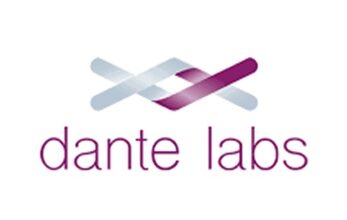Breaking Down Barriers to Mental Health Treatment
20% of adults in America have suffered from a mental health issue at one time or another during their lives. The U.S. Department of Health and Human Services also states that 5% of Americans live with a serious mental illness such as major depression or schizophrenia. Unfortunately, 12% of sufferers are currently living without any kind of therapy, medication, or diagnosis thanks to a certain factor in their lives halting them from seeking help.
The first obstacle is treatment cost. Your average 60-minute therapy session will cost anywhere from $65 to $250 whether you’re insured or not. The more severe the diagnosis, the higher the cost of treatment will be, as they carry heavier lifetime financial burdens. For instance, those afflicted with major depression could potentially spend an average of $10,836 per year on health costs.
Social stigmas can often push people away from getting the help and treatment that they need. Embarrassment, shame and even guilt dissuade sufferers in need of support, fearing for the state of their relationships, reputation, or career.
Another obstacle is the lack of diverse providers. Minority populations only represent 16% of psychologists, despite these communities amassing nearly 40% of the U.S. population. A lack of diverse care and cultural knowledge will undoubtedly set minority patients suffering from mental illness up for failure.
Additionally, therapy requires verbal communication and, while the United States is multicultural, non-English speakers could find it very hard to seek out providers who are fluent in their language. This could in turn cause delayed treatment and misdiagnoses.
For more information regarding mental health care and how to overcome these therapeutic barriers, please see the accompanying resource.
Guide created by AnswerSuite, visit their website for more treatment data






